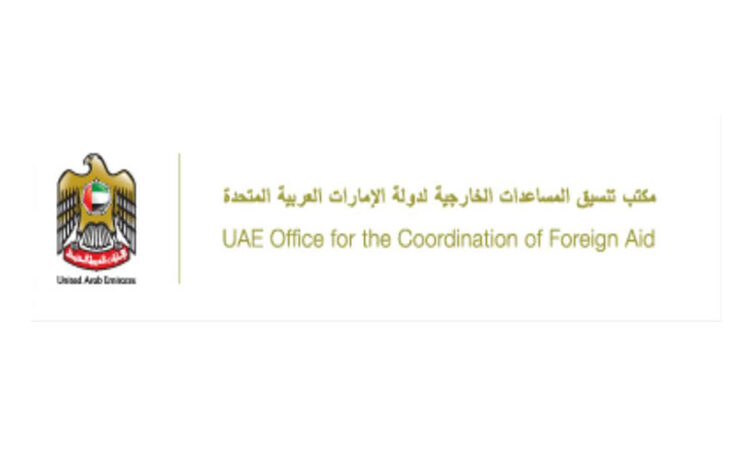
As part of the International Humanitarian City (IHC) commitment to complying with international standards when reporting on foreign aid activities, and maximizing the UAE’s visibility as a major international donor, IHC participated in the workshop organised by the UAE Office for the Coordination of Foreign Aid (OCFA) on its “Foreign Aid Reporting Framework”. The event aimed to build on the experience of the 2009-2011 foreign aid reporting cycles, and enhance the quality of information about foreign aid.
OCFA has developed a comprehensive framework for reporting the country’s foreign aid that is compatible with the requirements of international bodies such as the UN and OECD. The framework has been updated in response to comments from UAE donor organizations during the 2009-2011 reporting cycles, and includes mechanisms for reporting data electronically as well as standards and guidelines on how to categories the forms of aid.
IHC represents an exceptional humanitarian body that is committed to compile its valuable member’s activities provided by the United Nation agencies and the nonprofit international humanitarian organizations to reflect all direct and in-kind donations provided by the United Arab Emirates, also provides a comprehensive report on all humanitarian emergency responses run from IHC in Dubai.
Participants in the workshop recommended enhancing the coordination with donors and stressed on the importance of documenting UAE’s foreign aid to enhance transparency and accountability. They also recommended encouraging UAE donors to provide detailed information about their foreign aid activities to be included in the 2012 UAE Foreign Aid Report, and highlighted the importance of documenting aid records on the Foreign Aid Tracking Service (FATS) which is available on OCF’s website at ocfa.gov.ae, as well as the importance of having specialized employees for data entry in each donor organization.